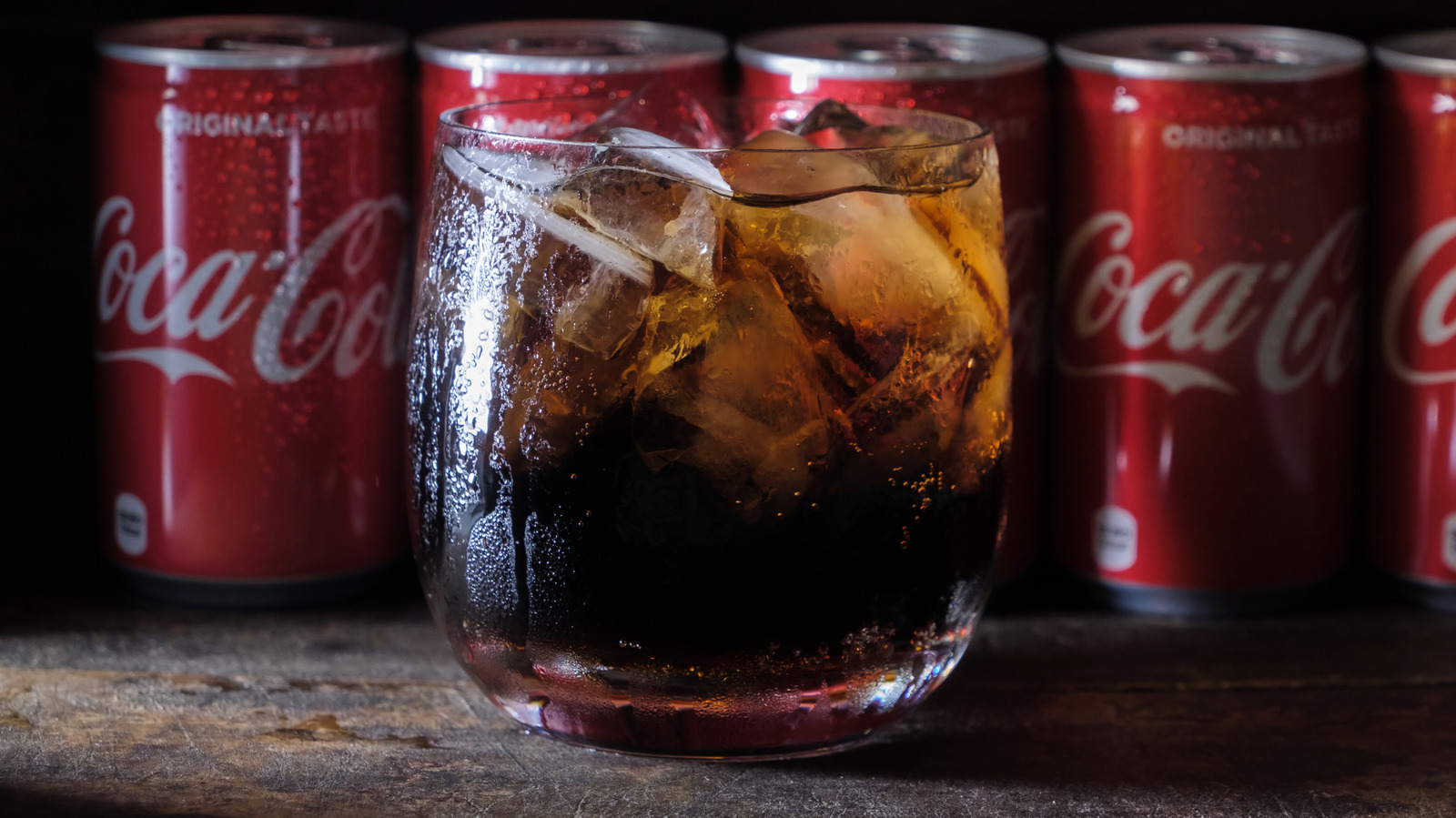
"Coca-Cola was the invention of Dr. John S. Pemberton of Atlanta, who had a particular interest creating his own medicines, often combining them with flavorful drinks. Faced with the introduction of prohibition in the state, and battling his own morphine addiction, he created a tonic containing coca leaf and kola nuts that would revitalize and stimulate without the need for alcohol. Pemberton released the first iteration of Coca-Cola in 1886 as a syrup to be mixed manually at soda fountains."
"At the time, the health benefits of both carbonated water and coca leaf were widely promoted by doctors, so Pemberton's claims didn't seem as farfetched as they might have today. Despite this, the shift away from medicinal tonic to soft drink came quite soon after Pemberton sold his patent to Asa Griggs Candler in 1889. The final push towards its positioning as pure refreshment followed a lawsuit in 1911, in which Coca-Cola was ordered to reduce the levels of caffeine in the drink."
Dr. John S. Pemberton created a coca-leaf and kola-nut tonic in response to prohibition and personal morphine addiction, intending a nonalcoholic revitalizing medicine. He released Coca-Cola in 1886 as a syrup mixed at soda fountains. Early marketing promoted the drink as a cure-all for neuralgia, headaches, melancholy, and as a brain tonic. Contemporary medical endorsements for carbonated water and coca leaf bolstered those claims. After Pemberton sold the patent to Asa Griggs Candler in 1889, Coca-Cola rapidly shifted from medicinal tonic to a soft drink. A 1911 lawsuit forced reduced caffeine levels, accelerating its repositioning as pure refreshment. The secretive recipe and ingredient changes became central to the brand.
Read at Tasting Table
Unable to calculate read time
Collection
[
|
...
]